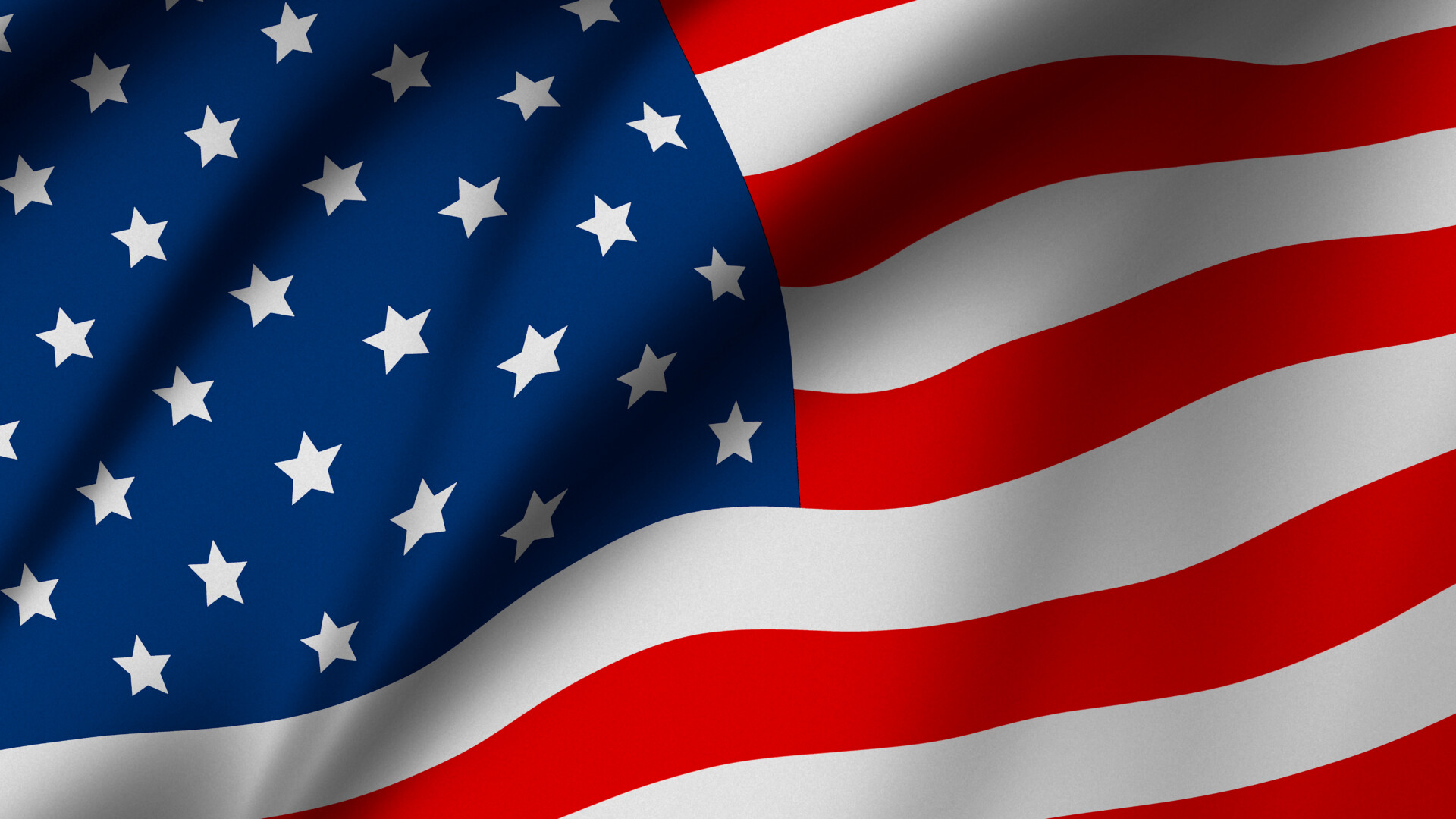Por que o Presidente Trump pode unilateralmente retirar os EUA do Acordo Nuclear com o Irã?
Em vez de analisar o mérito do “JCPOA”, comumente conhecido como o Acordo Nuclear com o Irã, aqui vou tentar jogar alguma luz sobre os antecedentes político-constitucionais que permitiram que o Presidente Trump retirasse os EUA do Acordo.
Em suma, o Senado dos EUA tem o papel constitucional de prover “Conselhos e Consentimentos” ao Presidente sobre os tratados, e a aprovação necessária é uma votação de dois terços. Dado que durante a administração do Presidente Obama o Partido Democrata perdeu a maioria no Senado dois anos depois de sua posse, chamar o JCPOA de “acordo”, foi a manobra do presidente Obama para evitar a aprovação do Senado para celebrar um “tratado”. Na ocasião, o Senador John McCain declarou: “Este é claramente um tratado. Eles podem chamar isso de banana, mas é um tratado”.
Há um ditado na política dos EUA que afirma: “Se você vive por decreto-lei, você morre por decreto-lei.” Ele encapsula a realidade de que tudo garantido por este instrumento, pode igualmente ser desfeito pelo mesmo instrumento no primeiro dia da próxima administração. Independentemente disso, os decretos-lei têm sido amplamente usados por Presidentes dos dois principais partidos para “legislar”, e esse padrão incute vulnerabilidade em todas as determinações.
Ambas as situações são semelhantes.
***
Why Can President Trump Unilaterally Withdraw from the Iran Nuclear Deal?
Rather than analyze the merit of the JCPOA, ordinarily known as the Iran Nuclear Deal, here I’ll try to shed some light on the constitutional-political background—which ultimately allowed President Trump to withdraw from the Deal.
In a nutshell, the US Senate has the constitutional role of providing “Advice and Consent” to the President on treaties—and the required approval is a two-third vote. Given that during Obama’s administration the Democratic Party lost its majority in the Senate two years after his inauguration, calling the JCPOA a “deal,” was President Obama’s strategy to dodge the Senate’s needed go-ahead to celebrate a “treaty.” In the occasion, Sen. John McCain stated: “This is clearly a treaty. They can call it a banana, but it’s a treaty.”
There is a saying in US politics that affirms: “If you live by Executive Order, you die by Executive Order.” It encapsulates the notion that everything enacted by this instrument, can equally be undone by the same instrument on the very first day of the next administration. Regardless, EOs have been amply used by Presidents from both major parties to “legislate,” and this pattern instill vulnerability on all determinations.
Both situations are alike.


